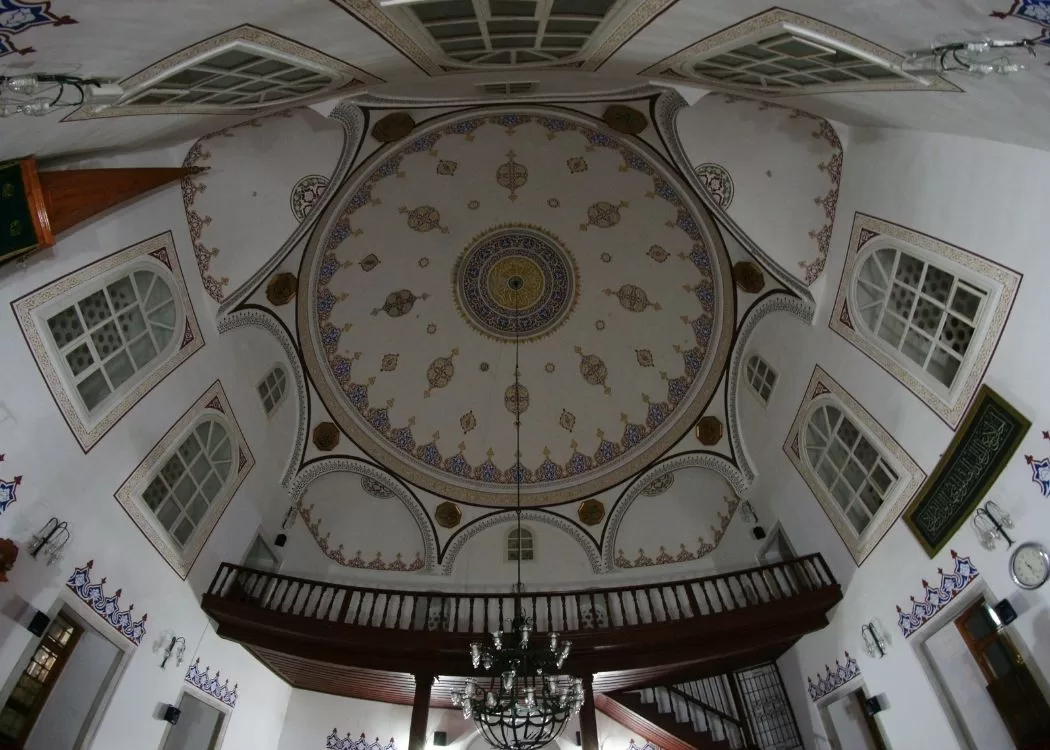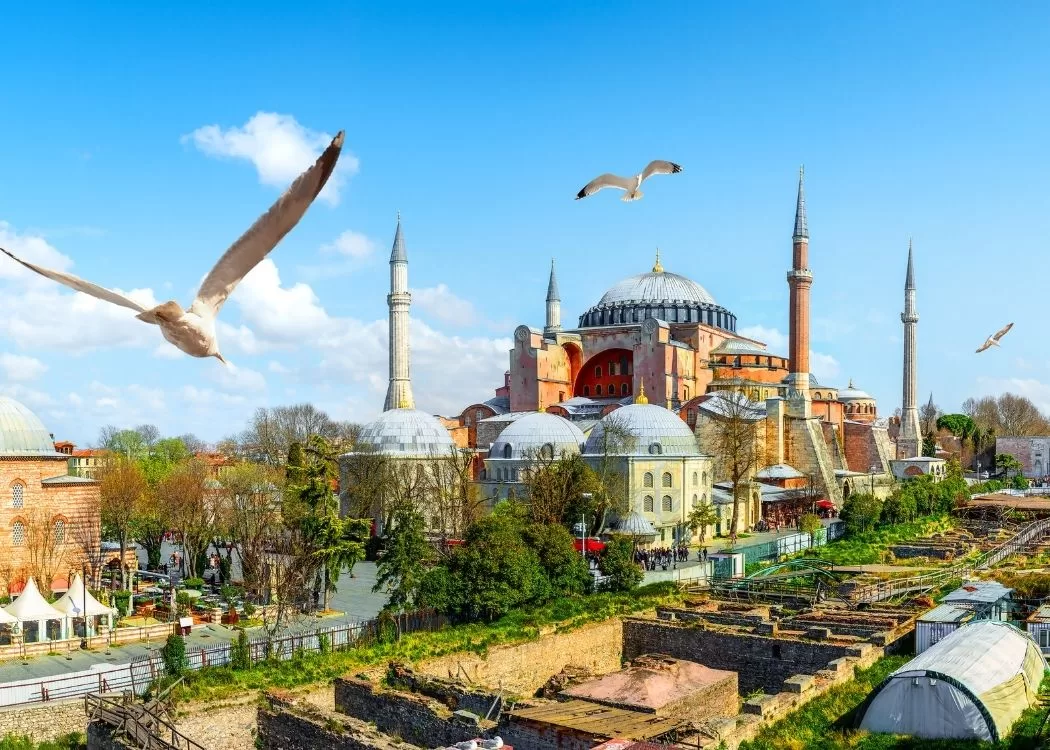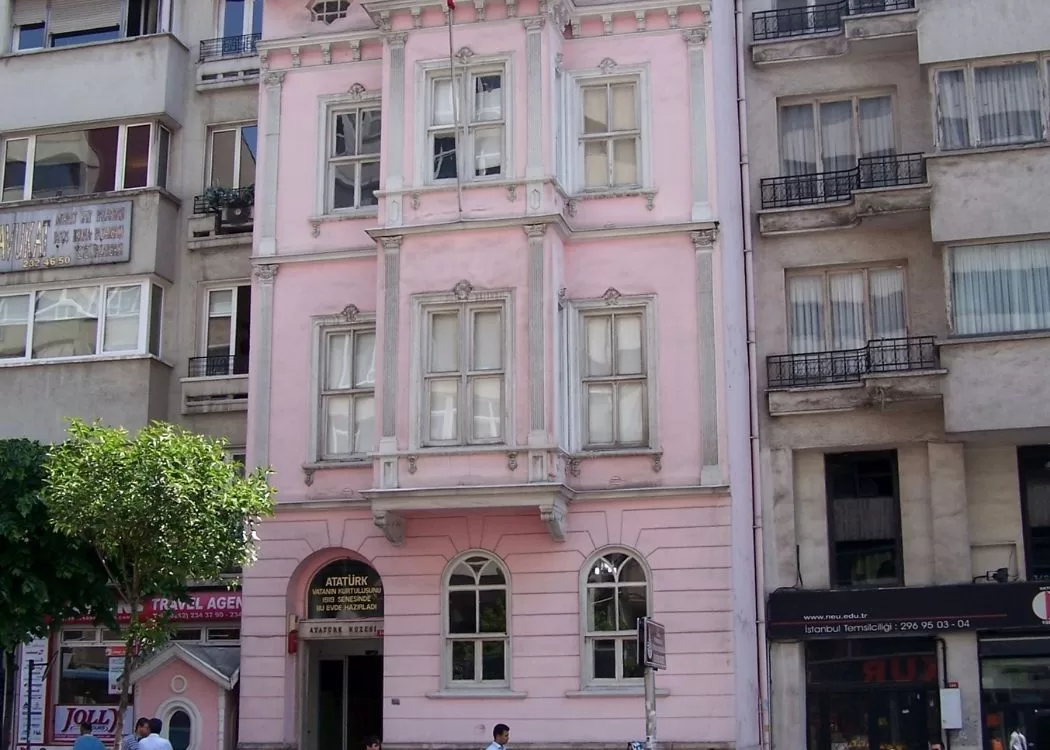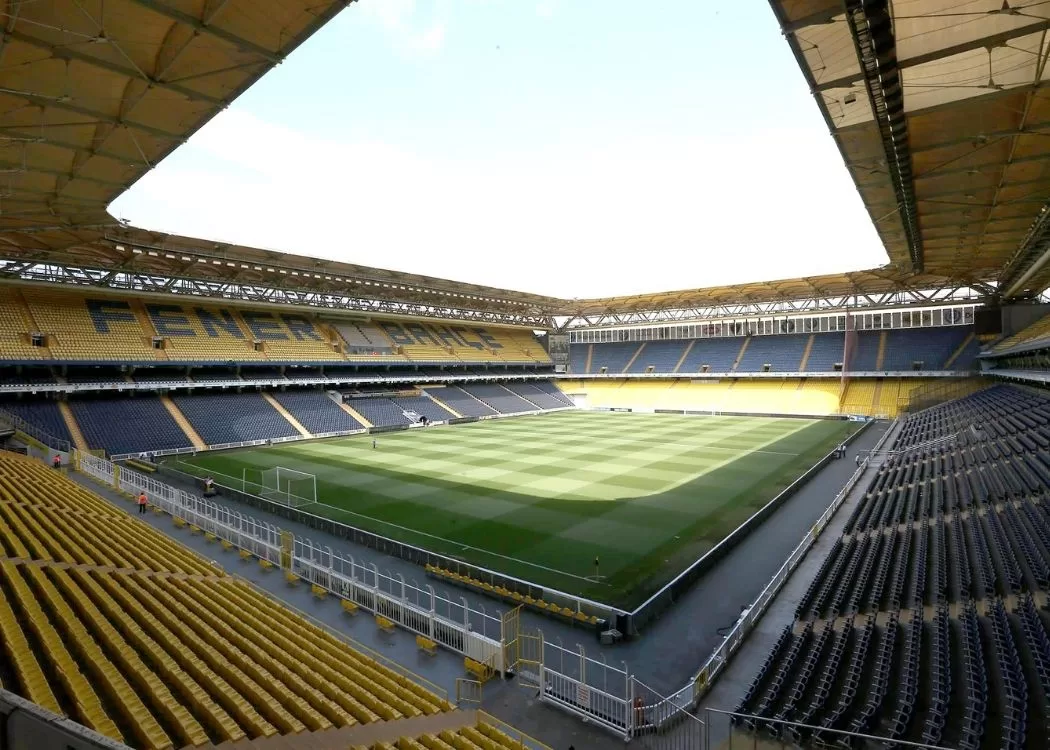
Çorlulu Ali Pasha Madrasah
This 300-year-old Medrese has changed throughout the years from being a dervish lodge and a religious school during the Ottoman era to a bazaar in the middle of the 20th century to its present form—a haven for visitors from the busy Grand Bazaar. Enjoy the delicious hookah unwinding to the bubbling noises. It’s an excellent location for a day break. It is on the tram line between Cemberlitas and Beyazit/Grand Bazaar stations and is open till 2 AM. Do not expect alcohol though, you can taste various teas and coffees.
Çorlulu Ali Pasha wants to keep his reputation alive by having a social complex built in Beyazit. However, over time, the social complex reaches its peak and then becomes introverted; Far from the noise, he creates his world: a colorful crowd with the scent of hookah and the taste of coffee.
Çorlulu Ali Pasha Madrasa is a place full of sadness, whether it is because of his exile, his execution, or the tin pieces with the words “old carpets” nailed to the walls. Combined with hookah smoke, it offers a mystical atmosphere as an important scientific center of the Ottoman Empire. Now, the walls are filled with colorful glass objects decorated for tourists, carpets, and rugs, silently missing its past.
Today, the building, which used to be a science center, has turned into a hookah center under the name of Erenler Hookah and Tea Garden. Its baroque-style architecture and decorations have turned into a place for hookah enjoyment over time.
You can smoke hookah for hours at Erenler Hookah and Tea Garden; Apple tea is popular, but coffee also has a special place. Those who love roasted, frothy coffee, along with hookah smokers, prefer this place.
Çorlulu Ali Pasha‘s life is also remarkable: he was born into a farmer family, and then was adopted by the Kapıcıbaşı. Çorlulu Ali Pasha, who entered the palace as a son-in-law, took on important positions within the state and became the son of III. He becomes Ahmet’s grand vizier. However, as a result of political disagreements, he was exiled and eventually executed.




